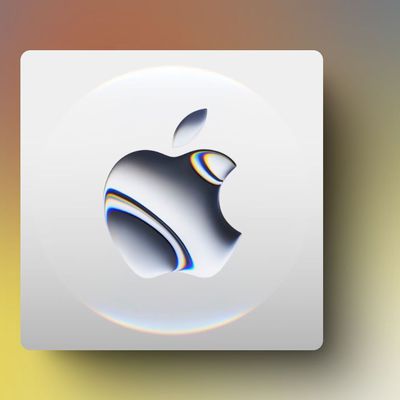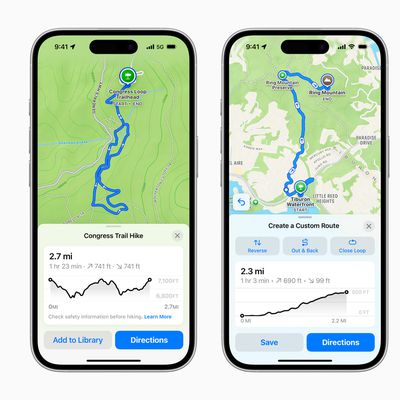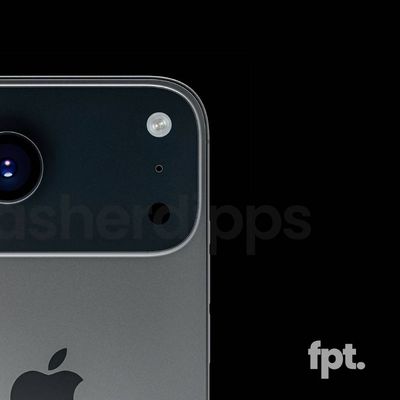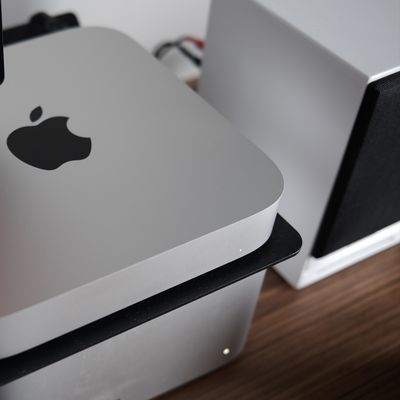Following several months of experimentation with how it curates the music portion of its iTunes Store, Apple has rolled back some of those changes to restore an emphasis on editorial rather than sales-based criteria, according to Billboard.
The news comes after a few independent record labels voiced concern over their artists being lost under the better-performing singers and albums of bigger labels. The company has apparently to not fully eliminate sales-based algorithms for deciding on what content to feature, but have "toned down" that aspect to allow editorial discretion to once again steer the offerings on iTunes' main page.
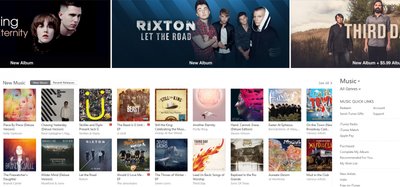
After a few weeks of experimenting with that presentation, the iTunes teamed toned down the algorithm and re-asserted the role that editorial discretion has in choosing which music is highlighted in the store. "iTunes will always be driven by editorial discretion," says a source who is familiar with Apple's online store philosophy. "Editorial choice will always be at the heart of what music is featured in the store."
Despite the introduction of the sales-focused algorithm towards the end of 2014 and into the new year, the indie music market still found itself fairly well-represented on the storefront. As Billboard reports, the sector got 40 percent of carousel ads on the main page of iTunes, 50 percent of the "New Music" section, 37 percent of the "Hot Tracks" section, and 20 percent of what Apple calls the "Bricks", the rectangular-shaped ads populating the store.
Indie labels were worried that they would get lost in the shuffle with all the changes happening in the iTunes Store. They were concerned that a sales velocity algorithm playing a strong role in determining what would be featured in its sliders would bolster the advantage of the majors, who tend to have bigger-selling records.
Various other concerns of smaller labels were alleviated, as well, including iTunes' ongoing effort to clean up song duplicates in the storefront, to an extent where some songs were taken down despite being in compliance with the company's rules. But, as one indie executive noted, if a proper case is made to bring back the music, Apple will listen. "iTunes are flexible; they are not an account who says 'its our way or the highway.'"
Perhaps the biggest shift on the back-end of iTunes relates to how pre-order numbers factor into album sales. Previously, pre-order numbers were added to launch day sales, rocketing popular pre-release albums to the top of charts on release. The new configuration wipes pre-order figures away on launch day and starts all albums on level ground, requiring albums to garner successful day one-and-onward launches to hit the top spots.
Apple has been steadily building up iTunes in preparation for the future integration with Beats Music this year. The company has most recently hired BBC Radio DJ Zane Lowe to possibly work on its iTunes Radio service and acquired media analytics company Semetric to integrate its Musicmetric tracking service into the iTunes/Beats refresh. Apple has also been seeking expertise in music journalism, perhaps to fill out editorial content appearing alongside listings in the iTunes Store.




